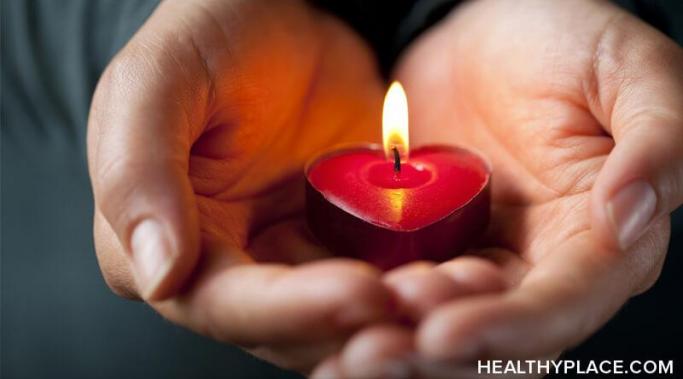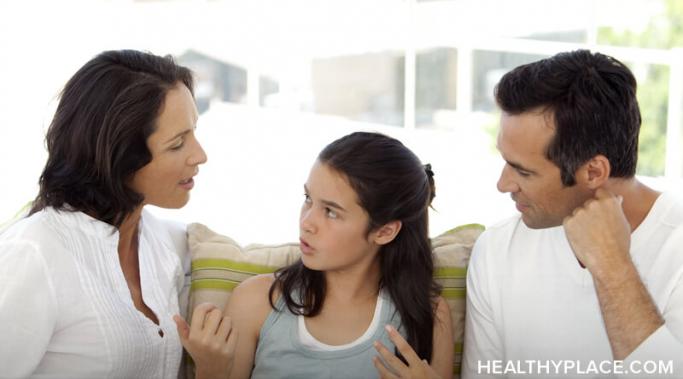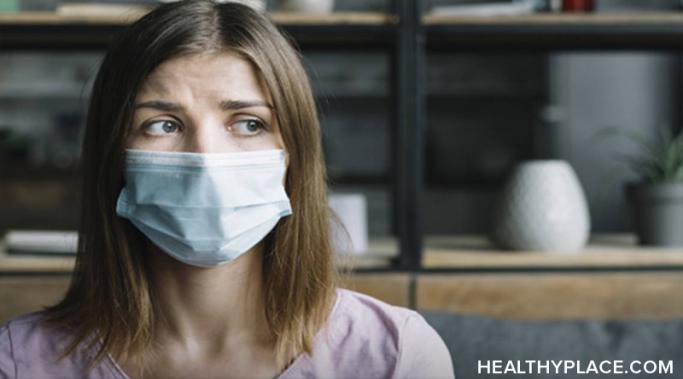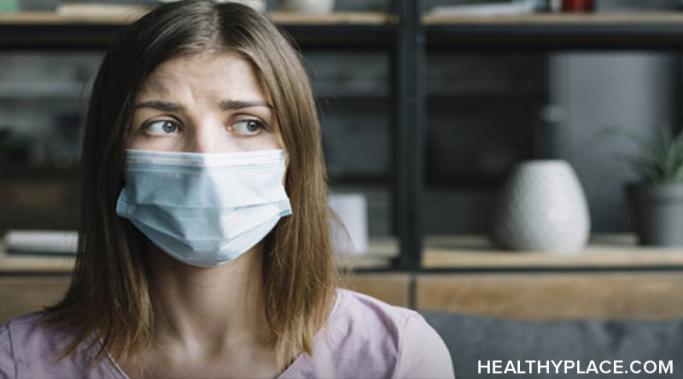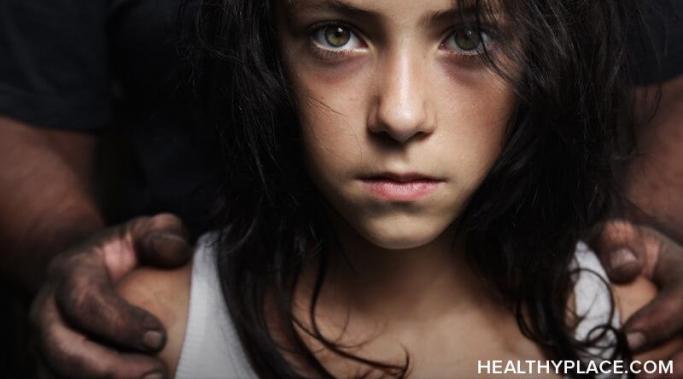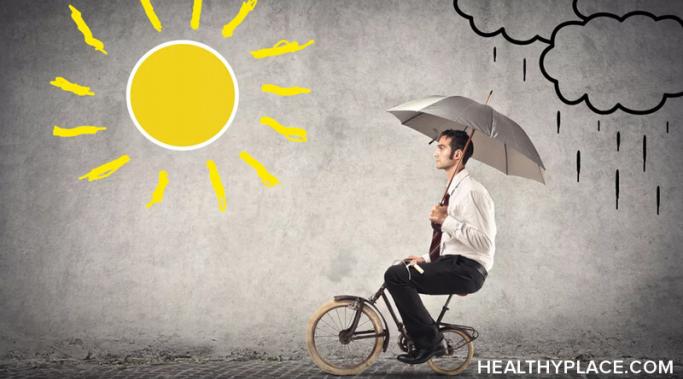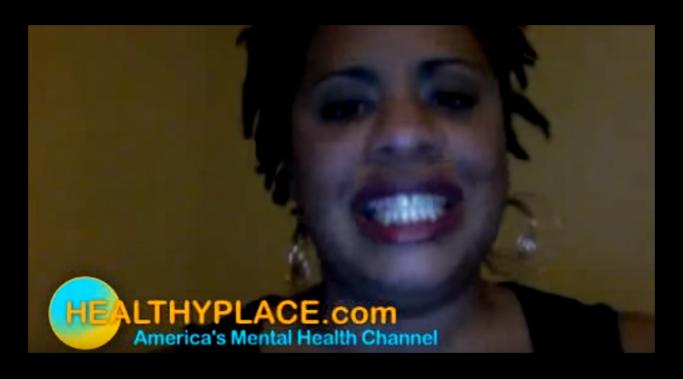For the past few years, I've decided to prioritize my mental health and not visit my family over the holidays. It's a decision not everyone may understand. Aren't the holidays about spending time with your loved ones? I do love my family, but the most loving thing I can do for myself is to take quiet time alone to rest and relax. Time with my parents and sister is often stressful and triggering for me. I've decided that my mental health is more important than anything else.
Parent Relationships
Family dinner with disordered eating is always uncomfortable. Here's my deal: I was born with an autoimmune disorder called Behcet's Disease. My symptoms include gastrointestinal ulceration and pain when I eat. This has created a complicated relationship between me and food.
If it wasn't for my weekly virtual therapy session, my avoidant attachment behaviors would have caused far more mayhem in my quarantine life. What is avoidant attachment? It isn't a mental disorder or illness. Rather, it's a style of attachment.
I'm not sure who has it worse: folks who are isolated alone or those of us who are quarantining with our loved ones. All in all, I'm glad my boyfriend and I left our Brooklyn apartment before the state of emergency was declared in order to quarantine upstate with my parents.
Alleviating COVID-19 anxiety is especially difficult for me because I'm living with a chronic illness, which means I am the weak and immunocompromised who is most vulnerable to COVID-19. Because of this, the trauma that I have endured that has mounted due to a life in medical care and life-threat has been exaggerated. Still, I'm doing my best to stay calm.
I was a victim of intrafamily sexual childhood abuse. I was three years old when my teenage cousin began sexually abusing me. It would start with a game of truth or dare, during which he would make me expose myself, touch him, and allow him to touch me. It continued for two years. Finally, our parents discovered one of these "games," and put an end to it. But we continued to attend the same holiday parties and family gatherings. I dreaded our meetings my whole childhood. These are the ways it impacted my relationship with my family and the things I wish my family had done differently.
I learned that relationships in depression are so important when my doctor prescribed prednisone to treat my autoimmune disease. Although he talked about its side effects, he failed to include depression as one of them. The first time I took the drug was an unpredictable blow that wreaked havoc on my life and my relationships.
Perhaps no other relationships cause as much anxiety as our relationships with our parents. They are the people who've known us the longest and in some cases are the people who know us the best. But sometimes relationships with our parents trigger reactions that exacerbate our mental illness and cause us undue stress.
I hate Christmas. There I said it.
I don't hate the holiday - I'm a Christian and I believe in Jesus, Mary, the whole shebang. What I hate is enforced happiness and gift giving that's associated with Christmas, especially when I'm depressed and I don't feel like I have anything to be happy about. And when I'm miserable, the last thing I want is a bunch of people - especially my family - telling me to cheer up.
Last week's post on disclosing mental illness at work was very popular, so I decided to continue the topic this week. In my video blog, I talk about telling coworkers about your mental illness and the benefits that can come from having support systems in the workplace.
